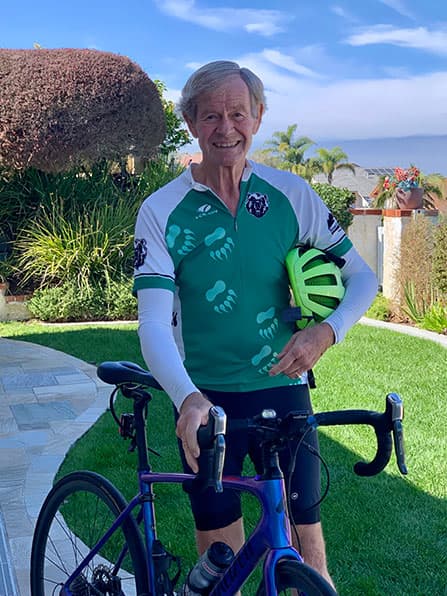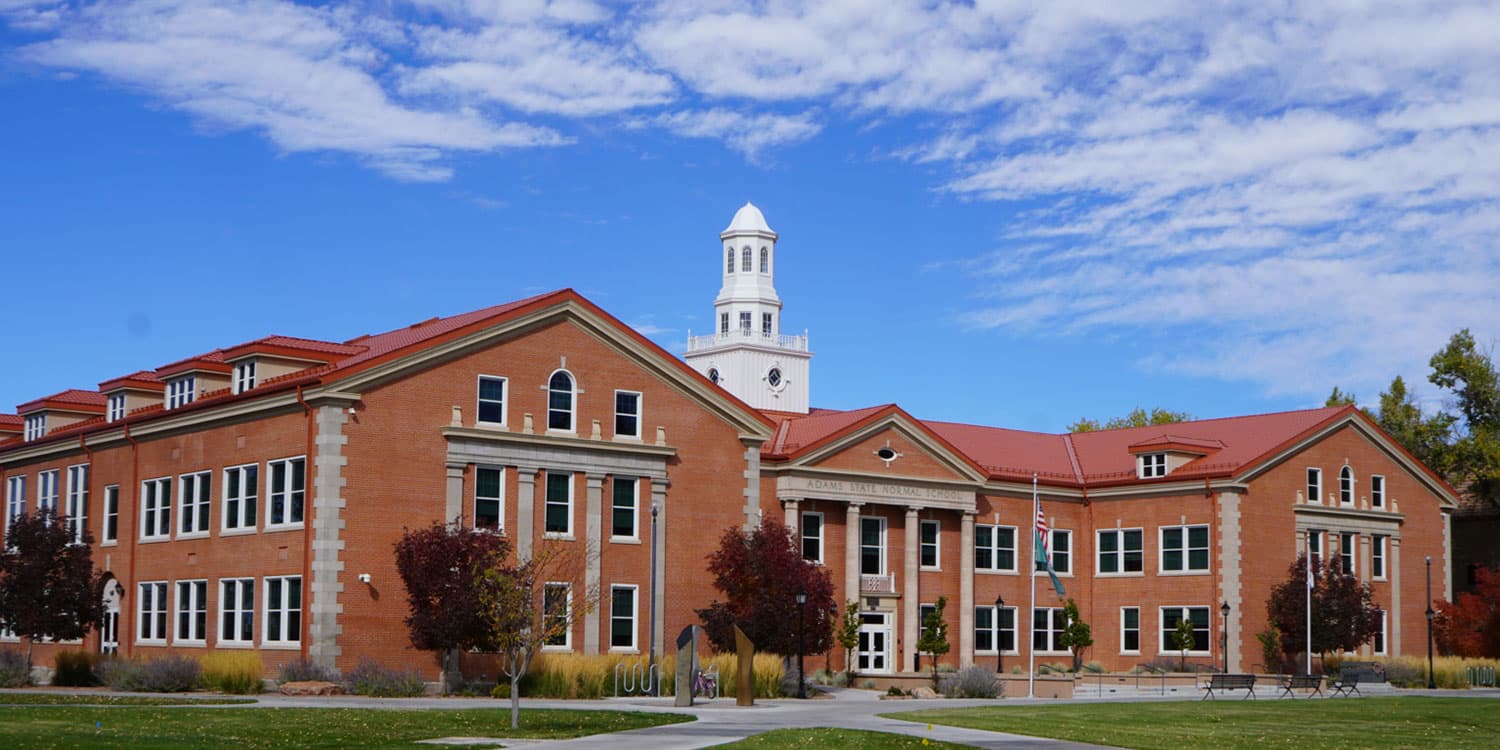Article by Andy Brown
By his own admission, Paul Morley, Adams State University Class of 1966, had some growing up to do. During his senior year of high school in South Denver, he didn’t give much thought to college or anything else, for that matter. “I got a new car and a new girlfriend,” he said. “I was not taking school seriously. I was skipping a lot. I even thought of dropping out, but my parents and guidance counselor forced me to graduate.”
The summer after graduation, Morley had a change of heart. “I thought, maybe I better make something of my life. Maybe I need to go to college,” he said. What changed his mind? A visit to Alamosa, where older brother Stephen was a junior at Adams State. Stephen showed him around campus, and they talked about Paul’s future.

“Adams State is the only place I applied to and the only place I wanted to go. I hadn’t thought about other colleges, and it was a late decision on my part,” said Morley. “I thought it was the best place for me because the influence of my older brother would be good for me. My parents probably agreed with that too.”
After a year at Adams State, Morley discovered just how much he had changed. To his surprise, the university recognized him as an outstanding freshman and awarded him a scholarship. “I was quite surprised. I didn’t apply for it or anything,” he recalls.
Fast-forward nearly 60 years and Morley has earned another recognition from Adams State, this time as the recipient of the 2021 Willis Fassett Jr. Individual Award, for his generous support of the university. The award, “Buffalo Chant,” a bronze by William Moyers, Class of 1939, will be presented at the Annual Donor and Student Recognition Dinner on November 4.
“I really appreciate any recognition that my college gives me,” said Morley. “I think the award shows that I’ve been helpful to my college, and that’s important because the college has done so much for me.”
From Adams State to a Distinguished Career
After graduating from Adams State, Morley went to law school, then joined the U.S. Marine Corps and served four years as a JAG officer. On completion of his military service, Morley was hired by the District Attorney’s Office for San Diego County, where he served for 29 years before retiring in 2003.
“I was an economics major at Adams State, but a career in economics didn’t seem that appealing,” Morley said. “I had read a book about law when I was in high school, and it just sort of stayed in the back of my mind.”
Still, he didn’t make the decision to attend law school lightly. He sought advice and support from his favorite professors – Dr. Norma Peterson and Mr. William Gillies — who encouraged him. “The attention and wisdom they shared was very important. They didn’t guide me to law, but they supported my desire,” said Morley.
He hopes that current students take the same advantage of Adam State’s close-knit community, one in which students can get to know their professors. “I think you learn a lot from some professors, and they will have an influence upon you,” he said. “I think you should get close to those professors who seem to offer the most guidance and hope, because that can be very beneficial in many ways.”
It’s Never Too Late to Reconnect
Living in San Diego and pursuing his career, Morley didn’t stay as connected to Adams State as he’d have liked. “I would say I kind of drifted away. You sort of naturally drift away, particularly when you live 1,200 miles away,” he said.
He reconnected through an alumni association event about 15 years ago, finding real delight in hearing about the university and its plans. That’s when he really began to reflect on the university’s role in his own life.
“Adams State really got me started. It got me started in a career, and it helped me to mature and to become a better citizen,” he said. “I started feeling more and more that I really owe Adams State a lot and that I wanted to be helpful to the college.”
He decided to make a series of donations. Moreover, he made those gifts without restrictions, allowing the university to direct the funds where they were most needed. “I don’t know what would be the most helpful to the university,” he said. “I figured, let them use it the way they think is best for the college. I just want to make it available. Nowadays, the way that state funding goes, colleges need more support. This was my opportunity to give back.”



